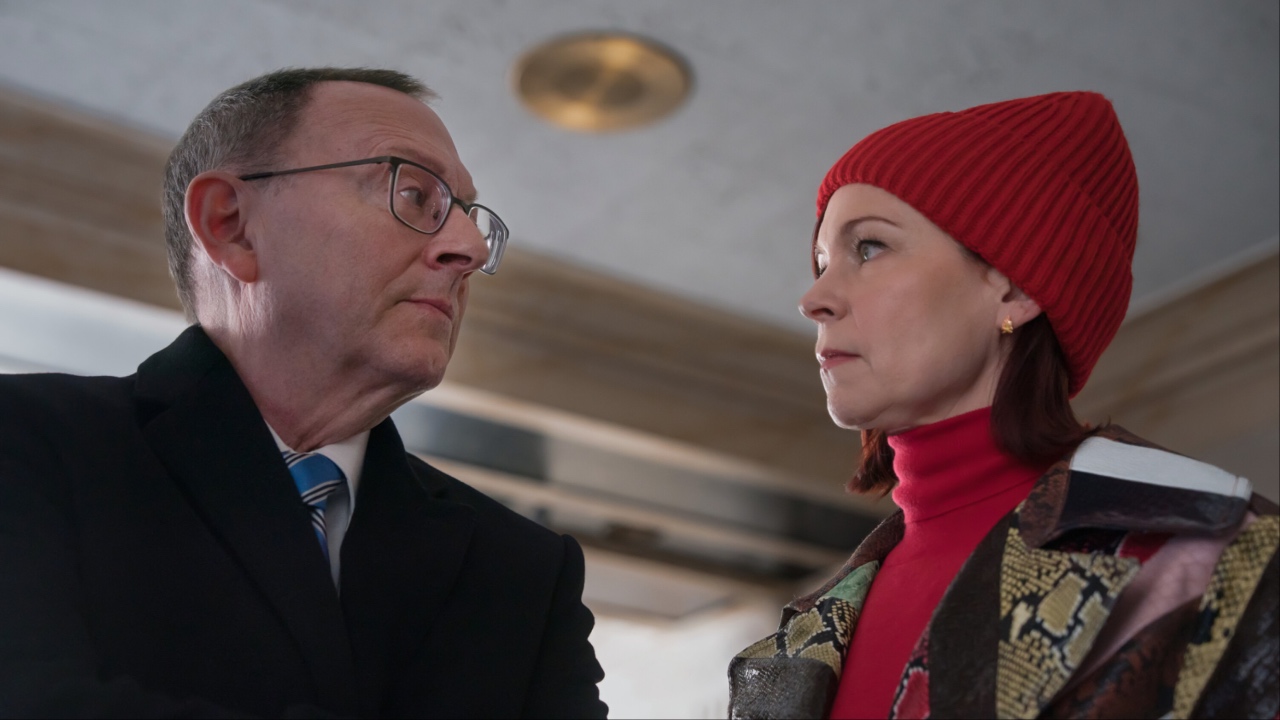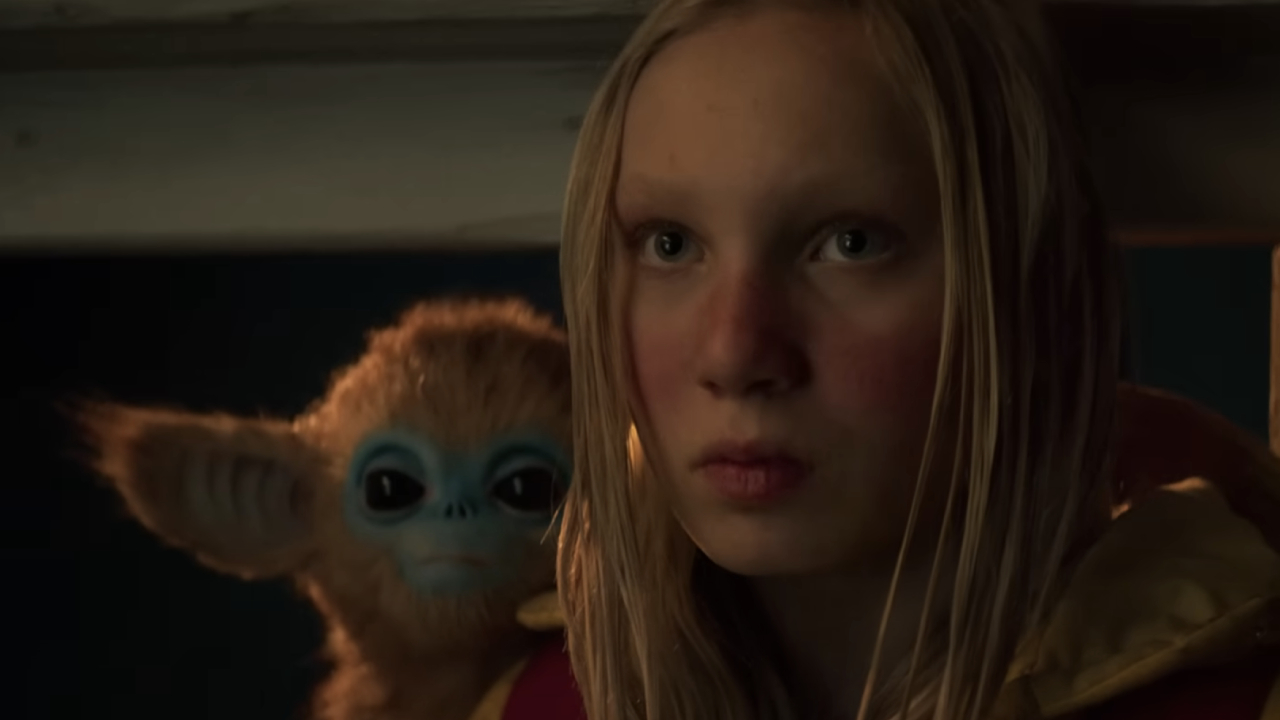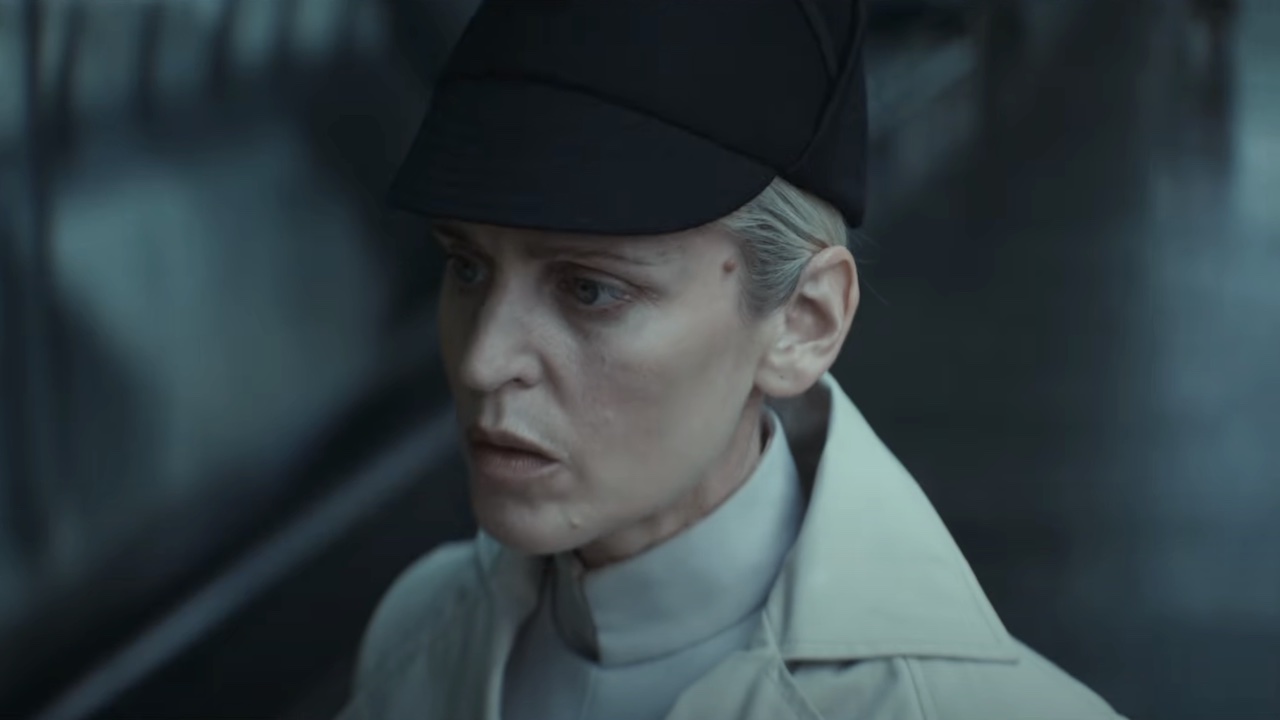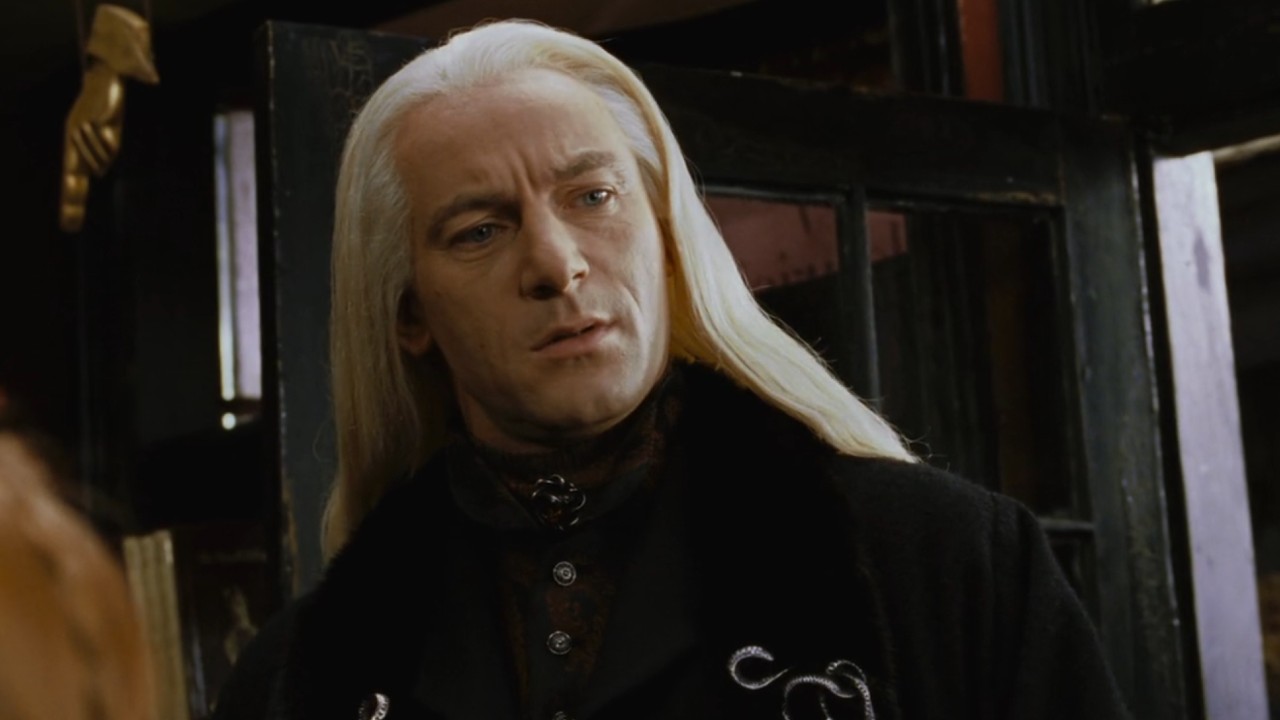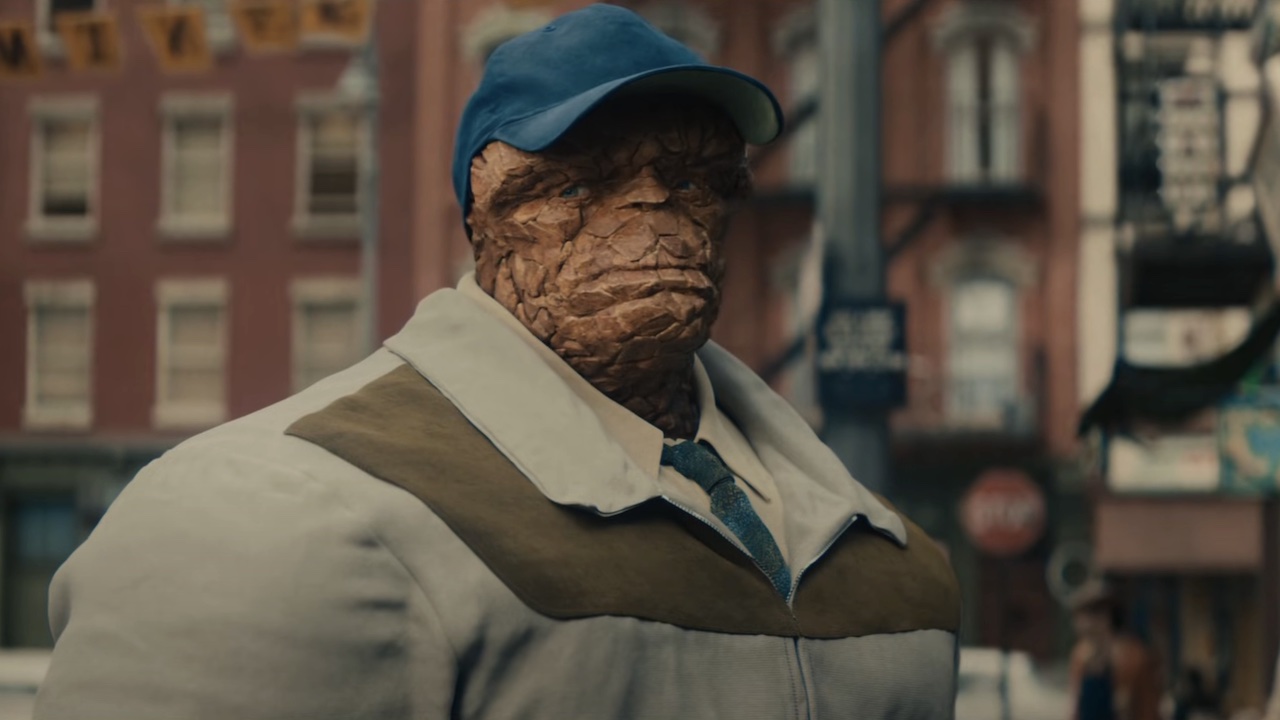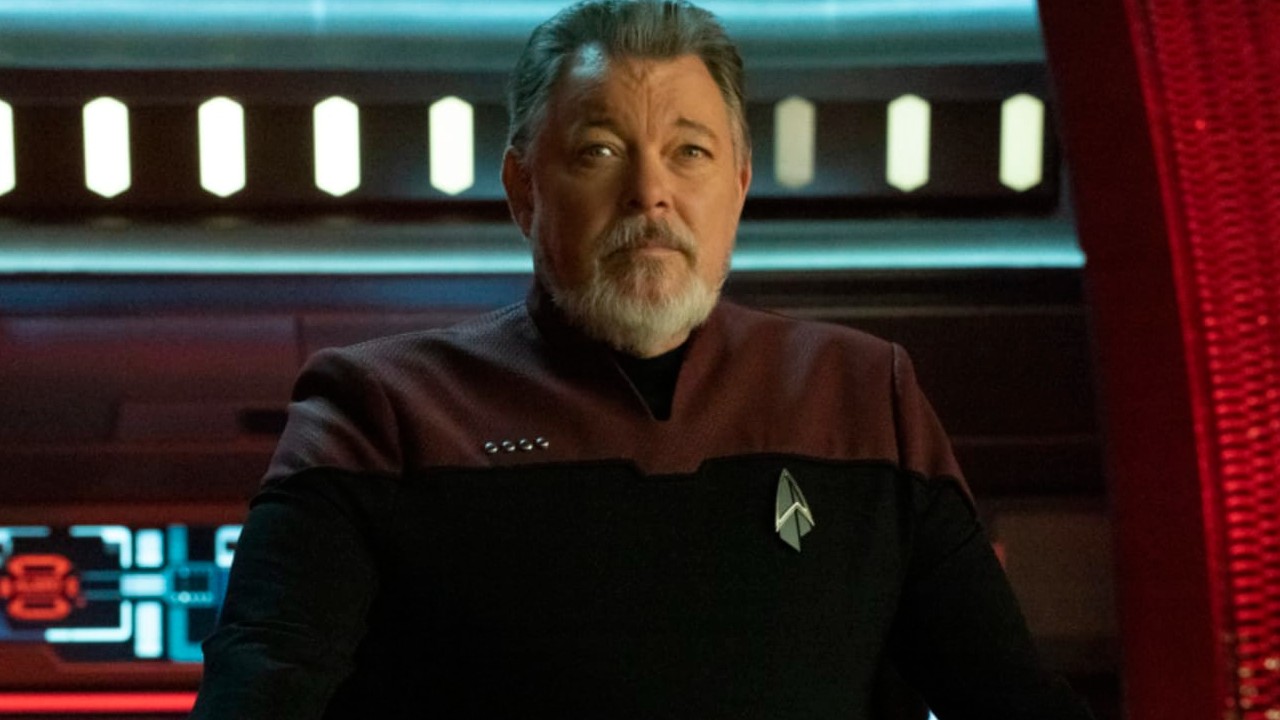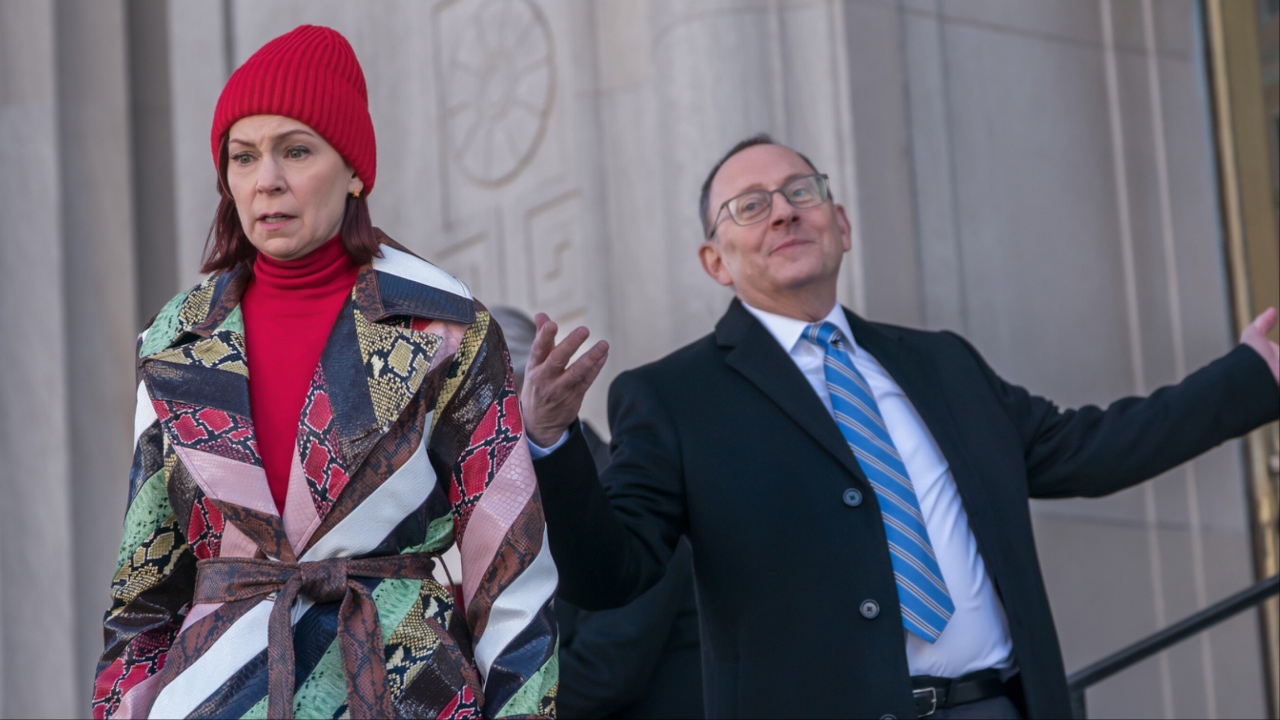Grand Theft Auto Creators Are Going After Cheaters
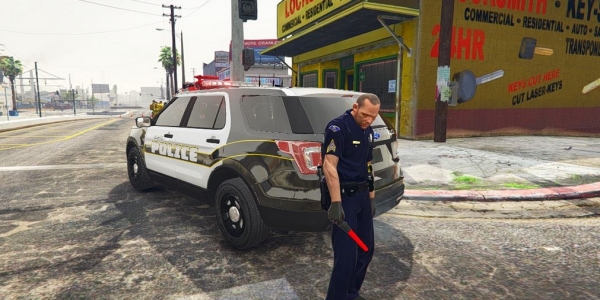
Cheating is big business in the world of gaming. Plenty of third-parties offer services to cheat in popular games, as some gamers pay big money in order to become the best of the best. Well, Rockstar Games and Take-Two Interactive are taking the fight to cheaters.
The New York Times is reporting that Take-Two has filed at least five different suits against accused cheaters across the United States, Australia, and Europe. Yes, the publisher is suing the "cheaters" who make cheat programs for games like Grand Theft Auto Online, which has generated billions upon billions of dollars since releasing back in 2013. GTA V as a whole has become one of the most profitable products in all of entertainment.
However, despite its profit, Take-Two is singling out so-called cheaters in order to rid them from the game's multiplayer universe and further protect its profits. Instead of creating new anti-cheat tool measures, the company decided a more prohibitive measure would be to simply start suing individuals who distribute cheat tools like Infamous.
Free, premium, and subscription-based cheat tools aren't new. They've been around since video games have been in existence. There even used to be popular commercial cheat tools available in the form of Game Genie and Game Shark. But given that many games come with online components these days, cheating in any capacity is now frowned upon.
However, some publishers are taking things a step too far, in the eyes of the community and some legal professionals. Those pros believe that suing people who make cheat tools is stepping outside the boundaries of what copyright law is supposed to be for.
In the case of Infamous distributor Christopher Anderson from Melbourne, Australia, he was subjected to a search and seizure order carried out on behalf of Take-Two Interactive, having his home and belongings raided. According to Anderson, the Infamous tool isn't designed specifically to cheat, but rather to help players even the odds against cheaters, mostly since anti-cheat measures haven't been implemented properly by Rockstar.
The real scare -- and the real issue -- is that these search and seizure tactics are being handed down in closed courtroom hearings where the defendant isn't even present. And in the case of Mr. Anderson, not only was his home searched, but his neighbor's home was also searched and raided, because the neighbor's address was used once during an Amazon delivery meant for Anderson. Imagine having your own home ransacked out of nowhere, and your belongings shuffled through, because your neighbor's kid sold people some cheat software for a video game?
CINEMABLEND NEWSLETTER
Your Daily Blend of Entertainment News
Well, it's becoming more common, which is why some legal professionals and free speech advocates are becoming more worried.
Epic Games also began taking similar measures as Take-Two when cheaters began popping up for Fortnite. Instead of developing better anti-cheat software, Epic began suing some of the suspects, including a 14-year-old boy.
Some advocates for free speech in Washington noted that the punishment being doled out by the publishers doesn't necessarily fit the crime. Some suggested that companies should simply ban the cheaters from playing the game, or improve security in the client software to combat cheaters. However, Take-Two fired back in a response, making it known that it has a right to protect its intellectual property and will continue to take legal action against those who "interfere with multiplayer environment enjoyed by our audiences."
Some see this as a scare tactic to prevent modders, cheaters, and hackers from setting their sights on Red Dead Redemption 2's online multiplayer, which is set to go live soon.
This isn't the first time that Take-Two got aggressive against the community for user-developed tools affecting its games. Previously, the company threatened legal action against modders who made their own personal multiplayer client tools to allow gamers who had mods to play with each other on unofficial servers, so they wouldn't disturb gamers on the official GTA V multiplayer servers. It's an ironic twist, given that the privately operated servers solve the problem of cheaters ruining the experience on the official servers, but Take-Two had them shut down regardless.
However, the company did receive some major pushback from the community when it attempted to have single-player modding shut down as well. Gamers responded by giving GTA V negative reviews all across the internet, and encouraging others to no longer purchase Take-Two games. The company quickly reversed its decision and backed away from preventing modders from producing mods for the single-player offline portion of GTA V.
Unfortunately for the cheat-tool makers for the GTA Online services, they haven't been as lucky to escape the long arm of Take-Two's enforcement of copyright law.
Staff Writer at CinemaBlend.
I Thought Elsbeth's Bloody Judge Crawford Twist Had To Be A Fake Out, But Now I Have Questions For The Season 2 Finale
A24’s The Legend Of Ochi Hired A YouTuber Making Bird Sounds In His Basement To Work On The Movie, And I'm Wowed By The Whole Process
Charli XCX Is Not Going To Be In Greta Gerwig's Narnia Movie After All, But I'm Psyched That We're Still Getting A Barbie Reunion Thanks To New Casting

